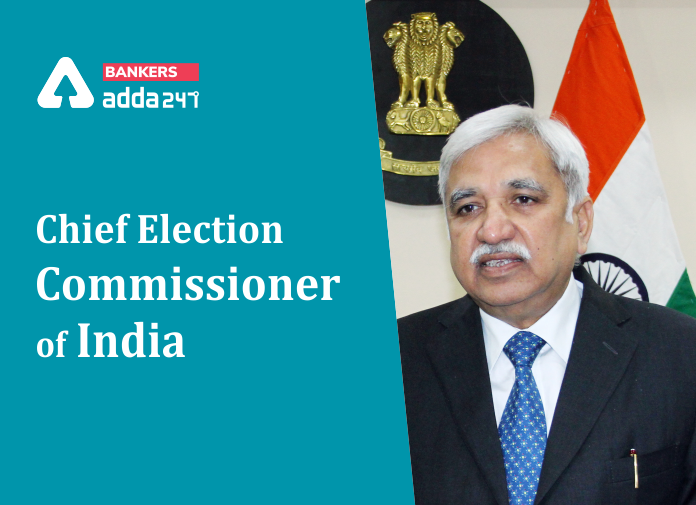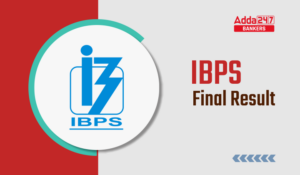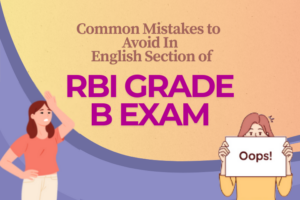Table of Contents
The chief election commissioner is appointed to conduct free and fair elections in the country. The president of India will appoint the chief election commissioner. It is essential machinery for the functioning of democracy. It has been an independent constitutional authority since 25 January 1950. The efforts of the body are to beat corruption and manipulation existing in the Indian elections. There are two election commissioners in addition to the chief of the election commission to look into the process of the elections.
Chief Election Commissioner of India- Role
Mr. Sunil Arora is the present chief election commissioner. The chief election commissioner is responsible for the conduct of elections
- To parliament
- State legislatures
- Offices of the president and vice president
The commission is headquartered in Delhi. It has staff members of 350 and a secretariat at the base. In states with a handful of core staff and in varying numbers depending on the size of the state who work on a full-time basis to keep the engines of democracy running at all times fairly and smoothly.
Also Read,
| List of Presidents | List of Prime Ministers | Largest State of India | Governers of RBI |
At the district and constituency level, the officers and respective staff will double up as election officials to oversee the entire election process. The civil administration will take charge of the ongoing procedure as per the rules set up by the election commission. During the election process, there is temporary staff inducted for the two weeks for conducting such a huge process. Their services get utilized for polling and counting officials.
Official Website of the Election Commission of India- eci.gov.in
The chief of the election commission has to adhere to
- Not to have any bias
- Should not lack transparency
- Fairness
- Not allow to manipulation and partisanship
The chief is compensated the same as the judge of the supreme court of India. The president can appoint additional election commissioners to help out the chief of the election commission. They, too, get the same compensation. The job would entail looking into the elections that would take place in 543 parliamentary constituencies.
He would also have to check whether the constituency is election ready or not, with
- 36 constituent units
- 29 states
- Seven union territories(2 having own assemblies)
- 31 assemblies
- 4120 constituencies
- 9,27,553 polling stations
- 1646 political parties
It is definitely a big challenge with the multi-party system and a population of over 1.3 billion to get things to run smoothly.
The election commission reviews the boundaries of parliamentary constituencies. These boundaries get readjusted after every ten-year consensus.
The duties of the chief election commissioner will be
- To show who is entitled to vote
- Supervises the nomination of the candidates
- Registers political parties
- Monitors the election campaign
- Looks into the funding and exponential by candidates
- Facilitates the coverage of the election by the media
- Organizes the polling booths
- Checks into the counting of votes
- Declaration of results
The electoral rolls are updated as new voters get added in, the election commission has proper administrative machinery in place for the
- Preparation
- Maintenance
- Revision
The election commission has looked into getting the electoral rolls automated so that there are better accuracy and speed, and updating is easier. The election can be conducted by the date prescribed by the election commission when it sees the preparations are conducive enough to hold them. The election commission can also defer the elections in extraordinary circumstances.
List of Chief Election Commissioners of India
| Chief Election Commissioners of India | Tenure |
| Sukumar Sen | 21 March 1950 – 19 December 1958 |
| Kalyan Sundaram | 20 December 1958 – 30 September 1967 |
| S. P. Sen Verma | 1 October 1967 – 30 September 1972 |
| Nagendra Singh | 1 October 1972 – 6 February 1973 |
| T. Swaminathan | 7 February 1973 – 17 June 1977 |
| S.L. Shakdhar | 18 June 1977 – 17 June 1982 |
| R.K Trivedi | 18 June 1982 – 31 December 1985 |
| R.V.S Peri Sastri | 1 January 1986 – 25 November 1990 |
| V.S. Ramadevi | 26 November 1990 – 11 December 1990 |
| T.N Seshan | 12 December 1990 – 11 December 1996 |
| M.S Gill | 12 December 1996 – 13 June 2001 |
| James Michael Lyngdoh | 14 June 2001 – 7 February 2004 |
| T. S. Krishnamurthy | 8 February 2004 – 15 May 2005 |
| B. B. Tandon | 16 May 2005 – 29 June 2006 |
| N. Gopalaswami | 30 June 2006 – 20 April 2009 |
| Navin Chawla | 21 April 2009 – 29 July 2010 |
| S. Y. Quraishi | 30 July 2010 – 10 June 2012 |
| V. S. Sampath | 11 June 2012 – 15 January 2015 |
| Harishankar Brahma | 16 January 2015 – 18 April 2015 |
| Nasim Zaidi | 19 April 2015 – 5 July 2017 |
| Achal Kumar Jyoti | 6 July 2017 – 22 January 2018 |
| Om Prakash Rawat | 23 January 2018 – 1 December 2018 |
| Sunil Arora | 2 December 2018 – Incumbent |
Click Here to Register for Bank Exams 2020 Preparation Material
FAQs- Chief Election Commissioner of India
Q. Who is the present election commissioner of India 2020?
Mr. Sunil Arora is the present election commissioner of India.
Q. Who appoints the Chief Electoral Officer of State?
It is the responsibility of the Election Commission of India to designate an Officer of the Government of the State/Union Territory as the Chief Electoral Officer in consultation with that State Government/Union Territory Administration
Q. Who was the first chief election commissioner of India?
Sukumar Sen was the first chief election commissioner of India. He was appointed in the year 1950.



 IBPS Final Result 2025 Coming Out Tomorr...
IBPS Final Result 2025 Coming Out Tomorr...
 Simple Tips to Avoid Common Mistakes In ...
Simple Tips to Avoid Common Mistakes In ...
 Important Topics & Shortcuts for IDB...
Important Topics & Shortcuts for IDB...


